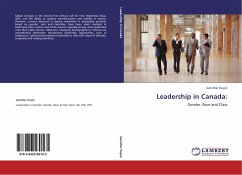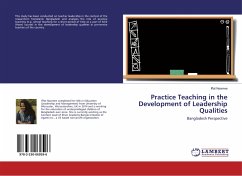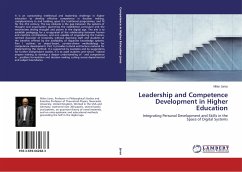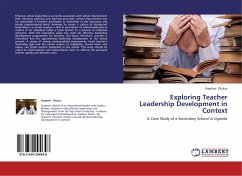Global changes in the twenty-first century call for new leadership ideas, skills, and the ability to support transformation and stability in society. However, current discourse is deeply embedded in prejudicial practices based on gender, race and class.Men have been more involved in leadership than women and white women typically occupy more leadership roles than black women. Moreover, changing demographics in schools are necessitating alternative educational leadership approaches, such as indigenous, spiritual and inclusive leadership to deal with issues of diversity, inequality and varying identities.








